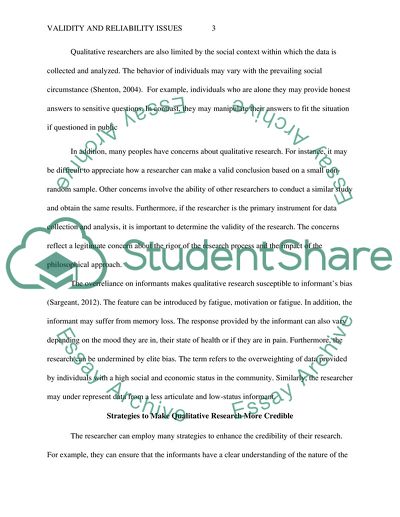Cite this document
(“Validity and Reliability issues Research Paper Example | Topics and Well Written Essays - 1500 words”, n.d.)
Retrieved from https://studentshare.org/sociology/1693501-validity-and-reliability-issues
Retrieved from https://studentshare.org/sociology/1693501-validity-and-reliability-issues
(Validity and Reliability Issues Research Paper Example | Topics and Well Written Essays - 1500 Words)
https://studentshare.org/sociology/1693501-validity-and-reliability-issues.
https://studentshare.org/sociology/1693501-validity-and-reliability-issues.
“Validity and Reliability Issues Research Paper Example | Topics and Well Written Essays - 1500 Words”, n.d. https://studentshare.org/sociology/1693501-validity-and-reliability-issues.


